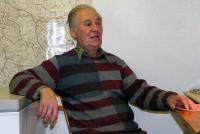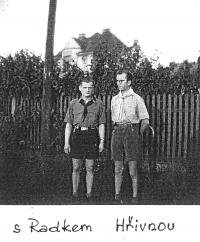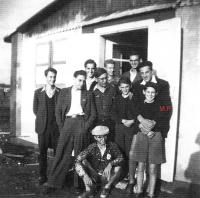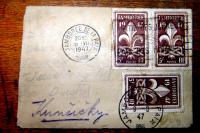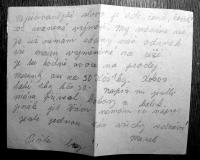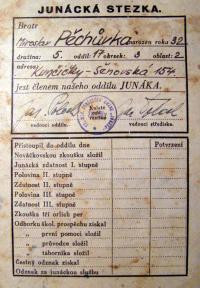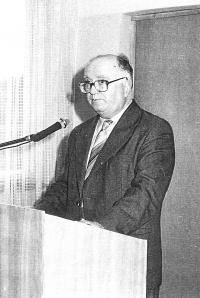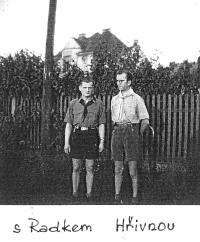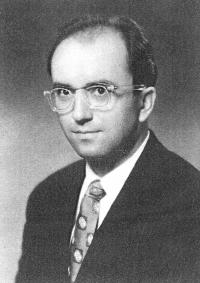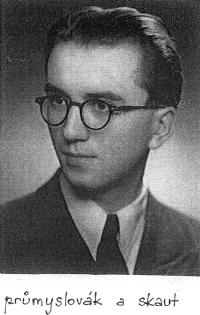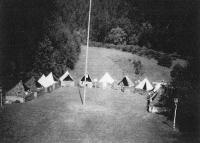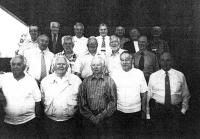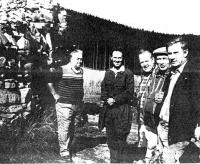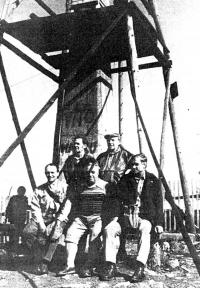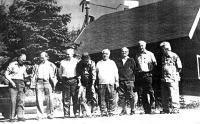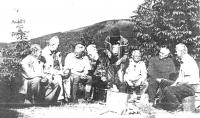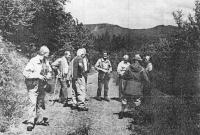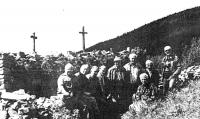There were always people during the normalisation who were able to help me.

Download image
Ing. Miroslav Pěchuvka was born on the 12th of September 1932 in Kunčičky (now Ostrava 13). He was born into the family of a mechanic. During the war, in 1942, his father was arrested for resistance activity - he died later in the Auschwitz concentration camp. Miroslav Pěchuvka joined the Scout Movement right after the war in May 1945. He gives his contemporary patriotism and anti-Germanic sentiments, and especially the books by Jaroslav Foglar as reasons for this. He joined the 17th Troop in Kunčičky. In the spring of 1946 he took the Scout Promise. In 1947 he was chosen for the Scout Jamboree in Mondial, France. Miroslav Pěchuvka is of the opinion that Scouting influenced his career choice: he started off as a forester for two years, then as a technician and chief district forester in Loučná. In 1964 he started working as a technologist. He was a member of the Communist Party of Czechoslovakia. During the Prague Spring of 1968 he took the side of reformist communists. After 1968 he was expelled from the party and forced to change his job to a technician first at a transport centre, then at the mining centre LZ Frýdek. After 1989 he became chief district forester, later Forest Administrator of Forests of the Czech Republic Frýdek-Místek. The Scouts of the former Kunčičky troops still hold meetings to this day. Miroslav Pěchuvka is often one of the organisers of these meetings.
